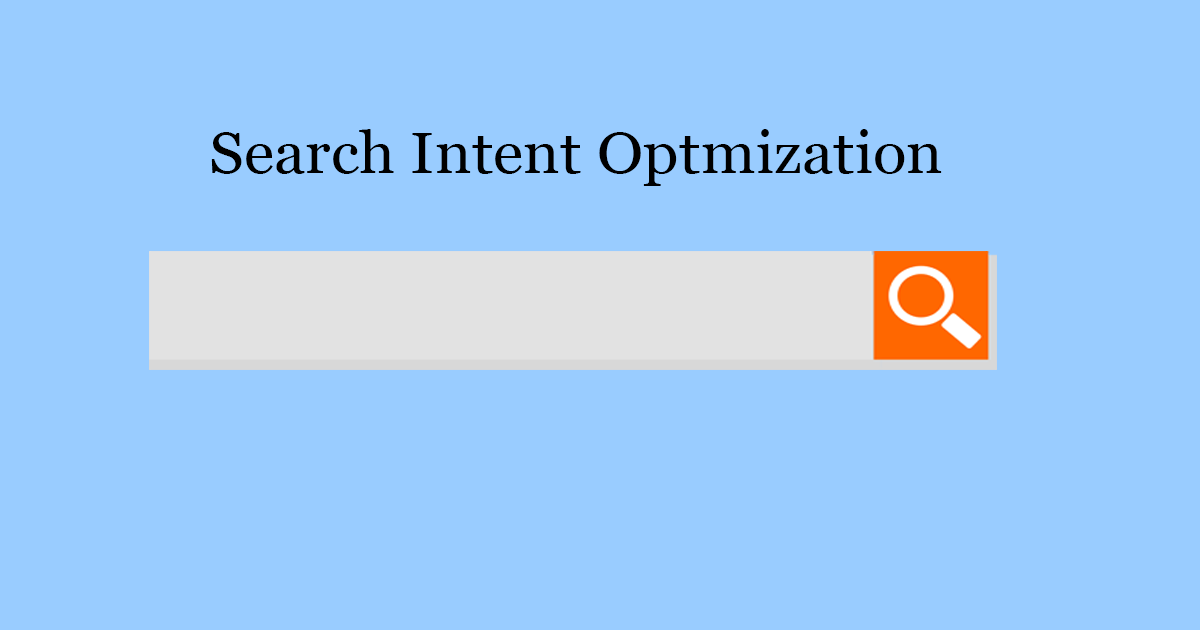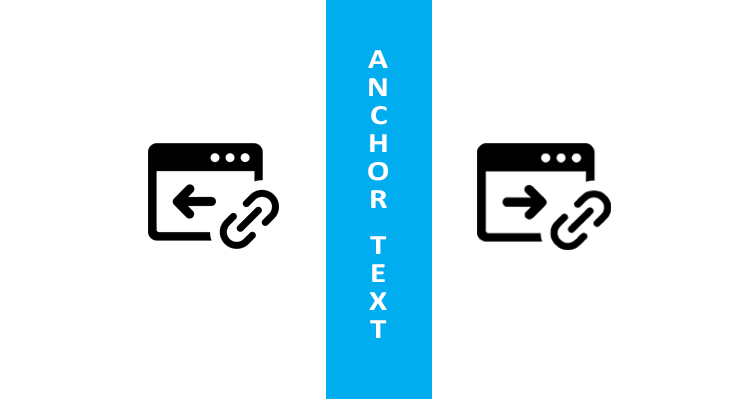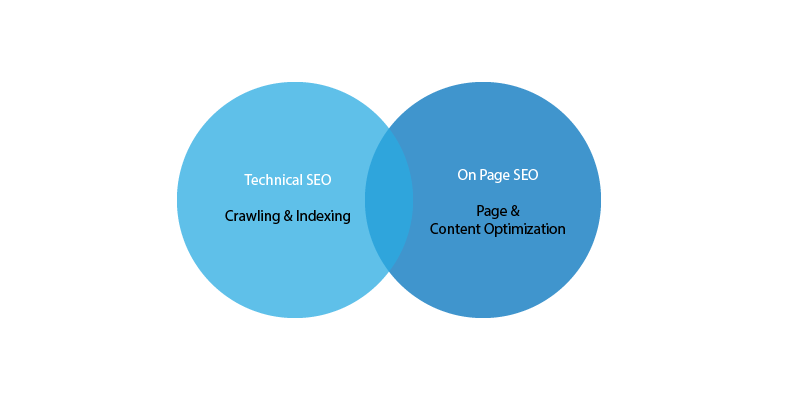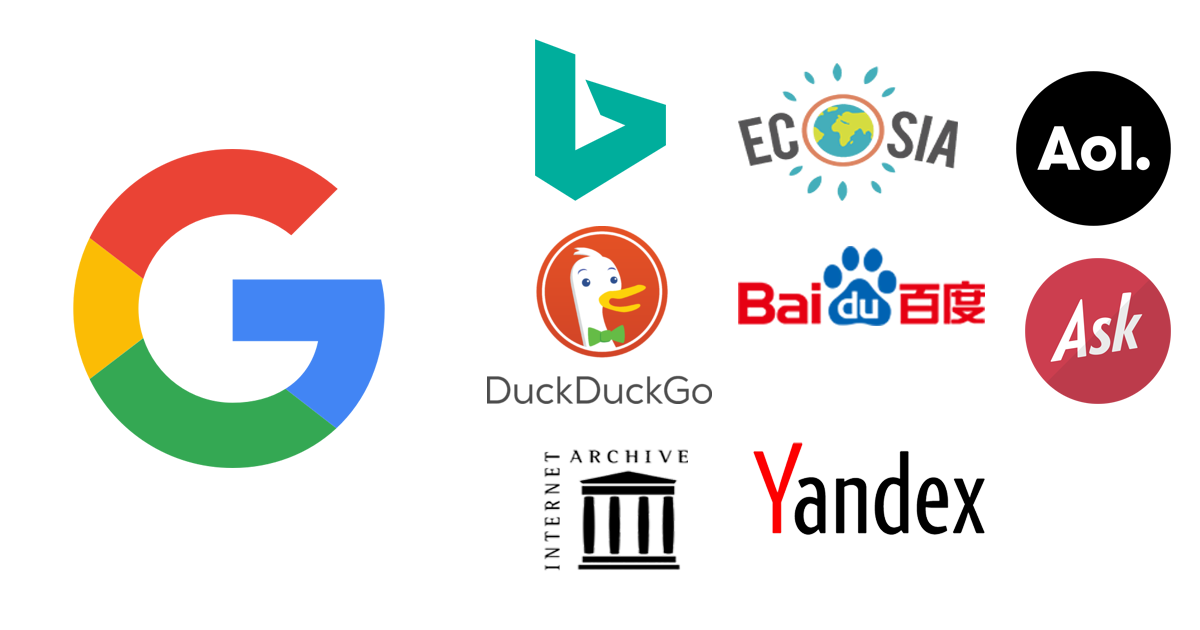Search Intent Guide for Beginners in SEO
What is the search intent?
Search intent is the purpose or motive behind the user search – why the user decided to use that particular word or phrase in his quest? Is he searching for an answer to a question? The definition of the term? Does he want to purchase the product? Is he searching for a particular website he knows?
Search Intent types
In common, we classify four essential types of keywords based on the search intent:
Informational keywords
Informational keywords outline the majority of searches on Google. People are always searching for information – questions (why, what, how, where, when), definitions of the words, information about things, opening times of shops, weather information.
Typical examples: “Hyderabad weather report,” “how to bake pizza in the oven.”
Navigational keywords
Keywords that work only to go to a particular website. A notable percentage of internet users visit known websites by directly browsing them on Google. Example: Instead of typing facebook.com into the address bar, they search for “Facebook” and click on the first result. In some cases, it is simpler than to memorize the exact URL.These keywords are usually simple to rank for as they denote your brand, and there is no use in trying to rank for the competitor’s keywords as the Click-through rate (CTR) of the other results is negligible.Common examples: “facebook debugger”, “google search console”,
Transactional keywords
These keywords are normally the most interesting for anyone running a business online as the results for these keywords determine where the purchase will happen.
Transactional keywords are used by users who have very clear intent to make a purchase.
Common examples: “Purchase Redmi Note 8,” “amazon discount on mobile phones”
Commercial keywords
Sometimes, the line between a transactional and informational keyword is too thin. There are numerous keywords with the most probably transactional intent but do not drive to the transaction immediately.
The commercial keywords are normally part of the research made before the transaction. These are also the most profitable keywords.
Examples: “mi redmi note 8 review”, “one plus 7 pro price”.
Unknown search intent
certainly, few keywords are undecided or unclear and it is hard to find the intent without additional information. It may be caused either by various meanings of the word or because the keyword is too common.
Example: EA user searching for the keyword “Alexa”. Maybe he wants to buy an Amazon Echo device (transactional intent) or wants to visit the official website of Amazon Echo (navigational intention) or wants to find additional information about it (informational/commercial purpose). Users may also want to visit the website of the web traffic data provider called Alexa (navigational intent) or find the meaning of the name (informational purpose).
As we can see, Google predicted that the query is most probably about the Amazon Echo virtual assistant. However, you can view the “Alexa Internet” results if this was the meaning behind your search query.
This is what Google Search and all the updates in the recent years (particularly Hummingbird and RankBrain) are all about – to know the intent behind the query and provide the most precise results even if it is unclear.
Why understanding the search intent is so important?
Now that you know the principles behind the search intent, you may ask how to apply it in practice.
Let’s say you own an E-commerce store with bread makers. You do keyword research and get a keyword – “best bread maker”. It has a high search volume, relatively low keyword difficulty, and it is relevant to the website. It would be great to rank it with the product page with the most popular bread makers you sell in the eCommerce store.
There is one issue – a close look at the SERP results will explain to you that although your Ecommerce Website may seem relevant, Google doesn’t rank any product pages, only the articles with product reviews and comparisons of the products.
In short – Google believes that the keyword “best bread maker” has commercial rather than transactional search intent and doesn’t rank any pages with transactional content. Your effort to rank with your Ecommerce store product page would probably be worthless.











